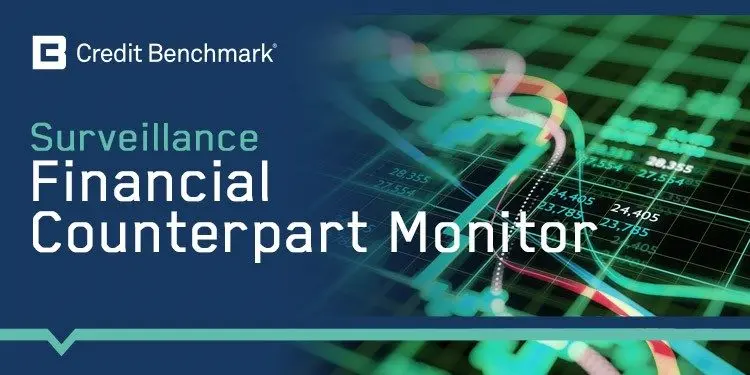How the Virus Crisis Infected Credit & Solvency: Global Trends

Credit Benchmark have released a new whitepaper, using Consensus credit estimates for the past few months to assess the impact of COVID-19 on credit and solvency across the global economy. The analysis looks at countries, industries, and sectors, as well as individual corporate borrowers.
Fallen Angels: Potential Defaults Climb as Ranks Grow

Rating agency downgrades have hit unprecedented levels over the past few months, but the majority of the downgrades have been for companies that were already classed as high yield. Fallen Angels – companies that cross the boundary from Investment Grade to Junk – are still in a minority, as agencies (and their corporate clients) display an understandable reluctance to avoid the “BBB cliff”.
July Credit Consensus Indicators (CCIs) – UK, EU and US Industrials

Credit Benchmark have released the July Credit Consensus Indicators (CCIs). The CCI is an index of forward-looking credit opinions for US, UK and EU Industrials based on the consensus views of over 20,000 credit analysts at 40 of the world’s leading financial institutions. Drawn from more than 800,000 contributed credit observations, the CCI tracks the […]
Default Risk Mounts for US, UK Retail Sectors: July 2020

To download the July 2020 Retail Aggregate PDF, click here. The blows to the US retail sector continue. Well-known names declaring bankruptcy include Neiman Marcus, JC Penny, J. Crew, Tuesday Morning and GNC. More recently, Lucky Brand, Brooks Brothers, and Sure La Table have joined the list. One analysis is even suggesting the recent COVID-19-induced […]
Mid-July Industry Monitor

Download the Mid-July Industry Monitor infographic below. Credit Benchmark have released the mid-month industry update for July, based on a partial subset of the contributed credit risk estimates from 40+ global financial institutions. In the update, you will find: Compared to the figures seen in the June End-of-Month Update, the July Mid-Month Industry Monitor shows: […]
Financial Institutions Credit Risk Monitor: July 2020

The new Financial Institutions Credit Risk from Credit Benchmark provides a unique analysis of the changing creditworthiness of financial institutions. The report, which covers banks, intermediaries, buy-side managers, and buy-side owners, summarizes the changes in credit consensus of each group as well as their current credit distribution and count of entities that have migrated from […]
Basel IV Rules: The Impact Upon Capital Markets and the Securities Finance Industry

The forthcoming Basel IV regulations present a large-scale challenge for the securities finance industry. A new paper by Credit Benchmark outlines the cost ramifications of new rules limiting banks’ use of internal rating models for RWA purposes and the introduction of 100% RWA for unrated obligors.
The purpose of this paper is to help raise awareness of these regulations, to highlight their potential impact and to issue a call to action.
June End-of-Month Credit Update

Download full June End-of-Month Credit Update infographic below. Credit Benchmark has released the latest end-of-month consensus credit data (from May 2020), based on the final and complete set of contributed credit risk estimates from 40+ global financial institutions. This final update takes into account the credit movements of ~26,000 separate legal entities. In the update, […]
Supply Chain Credit Risk in the Post-Covid19 World

The Covid19 crisis has exposed the risks in single, long and complex supply chains that are only as strong as their weakest link. Companies are moving quickly to multiple, short, simple and robust supply structures wherever possible. Some companies view their supply chain details as trade secrets, but a number of financial data platforms – such […]
Default Risk Increasing Quickly for US, UK Auto Sectors

To download the June 2020 Auto Aggregate PDF, click here. Fewer cars bought. Fewer miles driven. Less travel. Reduced or eliminated paychecks and massive spikes in unemployment. The problems are legion for the US auto sector. Even with some initial estimates of the difficulties proving to be overstated, credit challenges could remain with the US […]